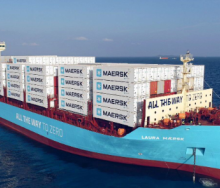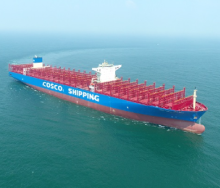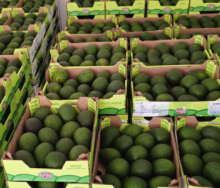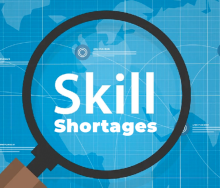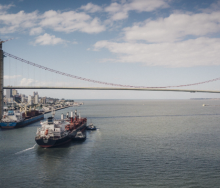Transnet Port Terminals (TPT) has confirmed that its ICT team has initiated an investigation into the alleged use of artificial intelligence (AI) to secure truck bookings at the Durban Container Terminal, where cargo delays are placing immense strain on the harbour carriers.
Chief executive of Durban Terminals, Earle Peters, has said: “We shouldn't rule out intelligent digital solutions by the industry.”
His comments come after a report over the past weekend that claimed that AI had been used to generate 300 slots in two minutes to secure land-side container movement bookings.
This is not the first time that this claim has been made, as harbour carriers continue to complain about the inadequacy of the system, irregular connectivity and internal IT failures, and the alleged abuse by certain operators making block bookings and often failing to redeem slots.
Such has the vocal protestation by industry been that TPT last week arranged for a meeting with harbour carriers on Thursday morning.
Peters said: “We had an excellent working group session with the transporter associations and will be sending out communication to outline the proposed logistics planning regime for containers transported by road.”
Initiatives intended to alleviate cargo congestion and movement, he said, would be implemented as early as Wednesday, August 14.
“The proposed solutions will be trialled for two weeks, then reviewed jointly with industry and adjusted for learnings to improve its effectiveness.
“New proposed solutions will release bookings for all containers to ensure, upfront, everyone can make a booking. To support the bookings we have agreed to provide a minimum number of 16 straddle carriers ring-fenced to land-side operations at any time.”
Elsewhere, it’s been reported that TPT’s investigation into AI involvement to manipulate the automated truck slot-booking system comes amid ongoing issues with the system, which harbour carriers claim is detrimental to their businesses.
Carriers have reported difficulties securing enough slots to remain profitable, with the system often showing slots as unavailable or failing to process bookings. Some have resorted to constantly monitoring the system day and night in hopes of securing rare openings.
While the use of AI to automate bookings could help address the system's inefficiencies, its suspected deployment without proper oversight has left the industry uneasy.
As the investigation progresses, harbour carriers are continuing to grapple with the consequences of the booking system's failures, including delayed deliveries, increased costs, and even business closures.
Industry groups like the SA Transport Association have voiced their concerns, calling the current system a "disaster" for harbour carriers.
TPT has defended the booking system, noting its use at 66 other container terminals worldwide. However, carriers argue that the system's problems stem from inefficiencies within the port itself.
With the suspected use of AI now under scrutiny, stakeholders await the outcome of Transnet's investigation and hope for solutions to the booking system's persistent challenges, which have significantly impacted the operations and profitability of harbour carriers.
Today, TPT chief executive Jaby Mdaki said the state-owned logistics utility would release a statement before the end of the day (August 12).


